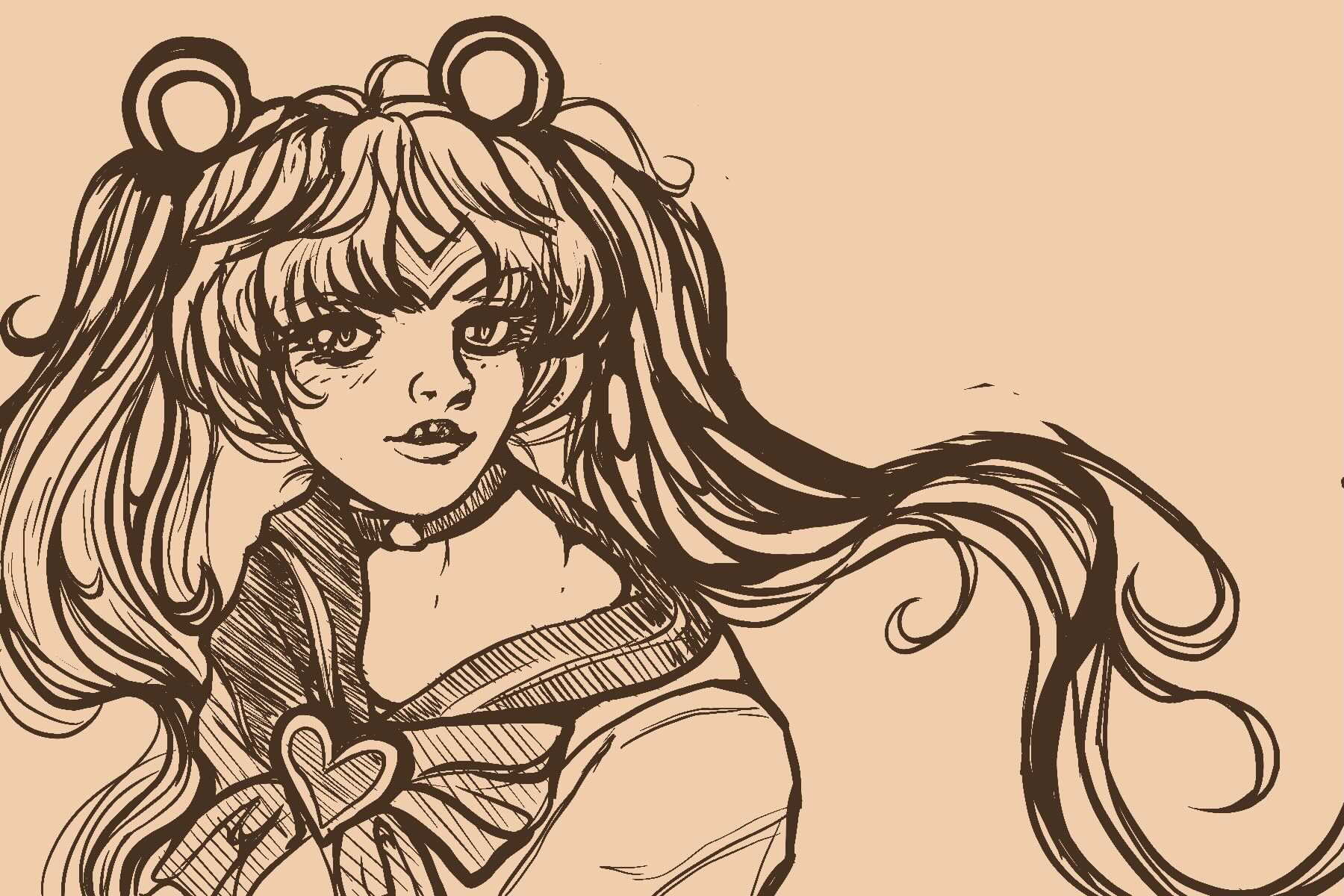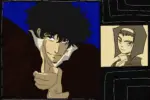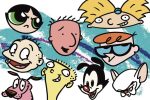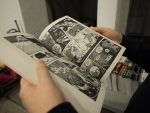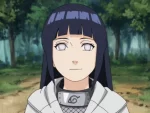In the past year, anime started trending more than ever. From a spurned medium that was stigmatized as nerdy, anime is now considered “in.” However, the same unfortunately cannot be said about early 2000s anime.
During the COVID-19 pandemic and quarantine phase, the lookout for new hobbies and interests was on the rise as teens and adults alike searched for something to do. From arts and crafts, hair dyeing and even binge-watching TV, the population jumped from one fad to the next. As each trend began and died out, TikTok was always in the game to report what was the next big thing, what was in and what was to stay.
As streaming sites saw increased viewership, so did many shows with particularly binge-worthy characteristics. This led to a surge of new anime lovers, who hopped aboard the anime train from TikTok and rode it to more mainstream sites. These trends also helped the medium shed some of the stigma it used to hold.
While newer anime was the first to hit the public’s radar, once they were finished, anime fans demanded more and so they moved on to older animes that were either still on streaming sites or had been found during their own research. Many went back to watch the top three anime of the 2000s (“Naruto,” “Bleach” and “One Piece”), while others decided to try out other genres or shorter animes. And while newfound fans of single- or two-season animes will sometimes be able to finish a series with a satisfactory ending, others realized that not all early 2000s animes were actually completed.
“Ouran High School Host Club,” for example, made its way into the public eye, but fans quickly realized that the anime only had one season. Now users on social media are asking and begging creators for a second season to finish the show they already started. Unfortunately, the show aired its last episode in 2006, so it is unlikely that we will be seeing a second season after all this time.
Another early 2000s anime that never received a satisfactory ending, or even a Season 2, was “Fruits Basket.” “Fruits Basket” first aired in 2001 and finished without completing the story’s arc. The anime also missed a lot of detail contained in the manga, cutting the plot short. Because of this, instead of giving viewers a continuation or second season, Funimation instead released a remake in April of 2019, which resulted in three seasons that hewed closer to the manga’s plotline.
“Fruits Basket” is just one of the many animes of the early 2000s whose adaption didn’t follow the manga storyline as closely as fans would have hoped. “Fullmetal Alchemist,” released in 2003, received a remake through “Fullmetal Alchemist: Brotherhood,” which was released in 2009 and is most known for being a more faithful adaption. “Sailor Moon,” although first aired in 1992, received a remake titled “Sailor Moon Crystal” in 2012 that remained truer to the manga.
Because earlier animes like those of the early 2000s didn’t follow their manga counterpart too closely, ratings dropped. This also led to more animes not receiving a second season. While anime in the 2000s did have a strong standing, it did not have nearly the amount of backing it has today.
Each year, the increasing popularity of the genre can be seen in the rise in convention attendance. Anime Expo, held in July in LA each year, used to switch between two convention centers every other year and once the number of attendees grew, Anime Expo stuck solely with the Los Angeles Convention Center. In 1992, Anime Expo was reported to have 1,700 attendees; now, it hosts over 100,000 fans.
Before the 2000s, anime had already been airing on TV through channels like Kids’ WB, which played “Sailor Moon,” “Yu-Gi-Oh!” and “Cardcaptor Sakura.” However, it wasn’t until “the big three” of the early 2000s that anime became truly popular in the West via Toonami. And yet, anime still carried a negative stigma due to our society’s, especially in the 2000s, lack of cultural knowledge. Anime for millennials was also seen as either something to cringe at or just plain weird. Generation Z, however, has changed the way society views other cultures and nationalities, creating a greater space for acceptance.
So will an anime as old as “Ouran High School Host Club” see a second season after all this time? It might be pretty difficult to say yes to this question. “Ouran” had been streaming on Netflix for years before it became a talked-about anime and nothing had ever changed. However, there are still newer, similarly popular projects to focus on. Other animes like “Yona of the Dawn” or “Seraph of the End,” which garnered good ratings when they were released, still haven’t received their second season either and are much newer.
Shows that have yet to see newer anime adaptions or a continuation of their story don’t always have to end at their first season. Manga sales have also boomed with the popularity of anime. Mangas that provided the source material for animes like “Blue Spring Ride” and “Horimiya” have managed to sell out during their own surges of popularity. Although some older animes may not have received a second season, endings can be found in their manga counterpart. For example, if an anime covers up to about chapter 36 and the manga ends with chapter 83, a good amount of information isn’t featured in the anime’s ending and can be discovered by the fan all anew.
As mentioned, a lot of information is left out of an anime’s adaption compared to the manga counterpart. And while many animes may never see a second season or remake, the finished manga is always a way to acquire a desired ending. A simple search of the anime can let viewers and readers know where the anime left off if they do not want to start all over and don’t mind missing some of the earlier left-out information.


